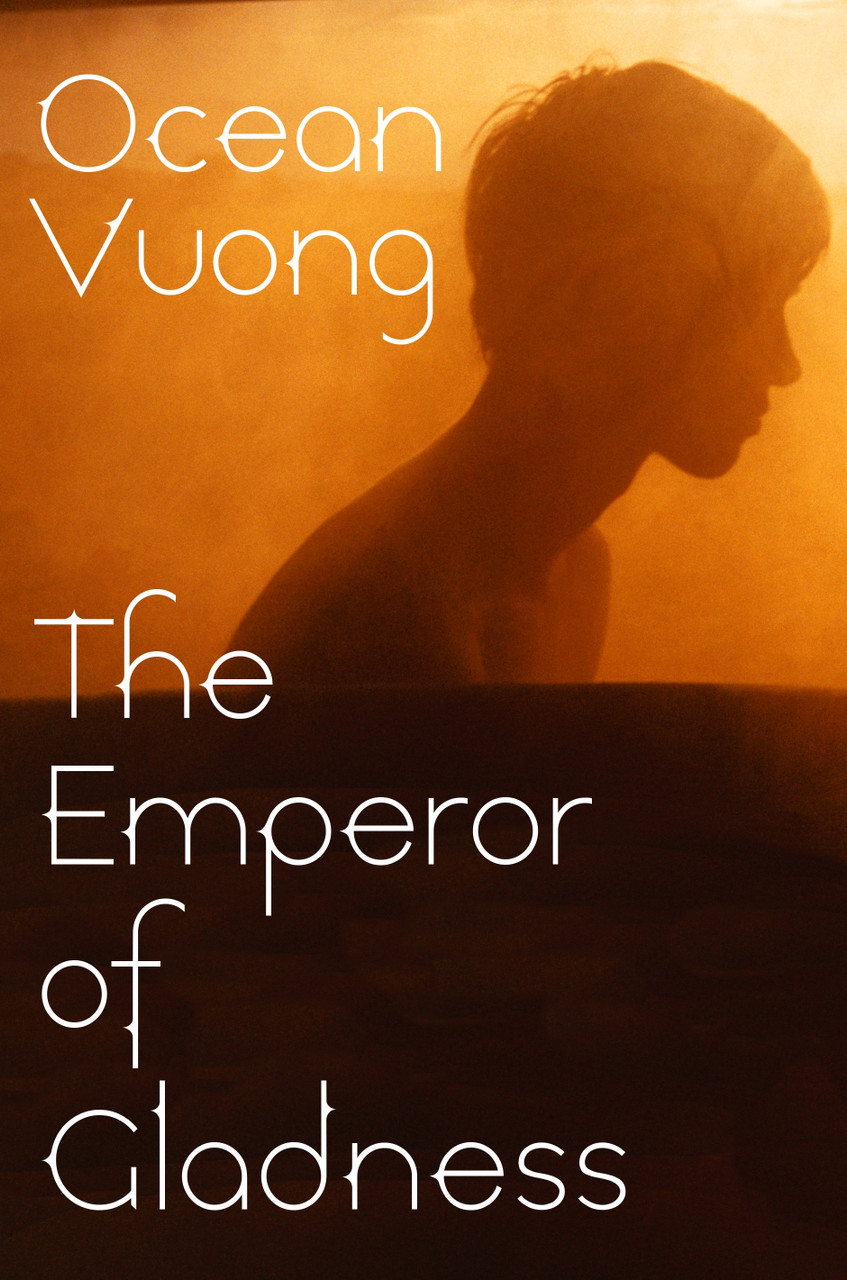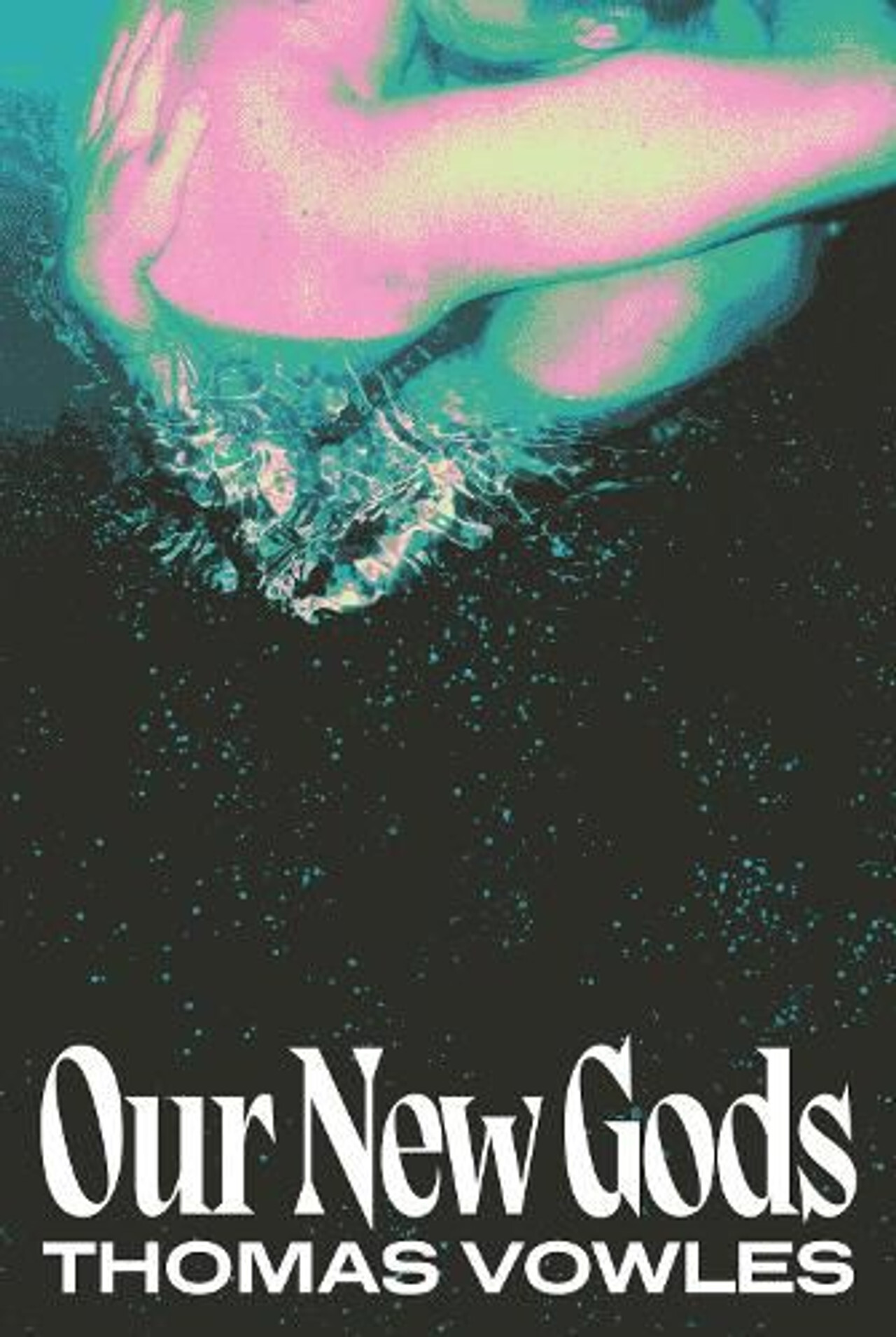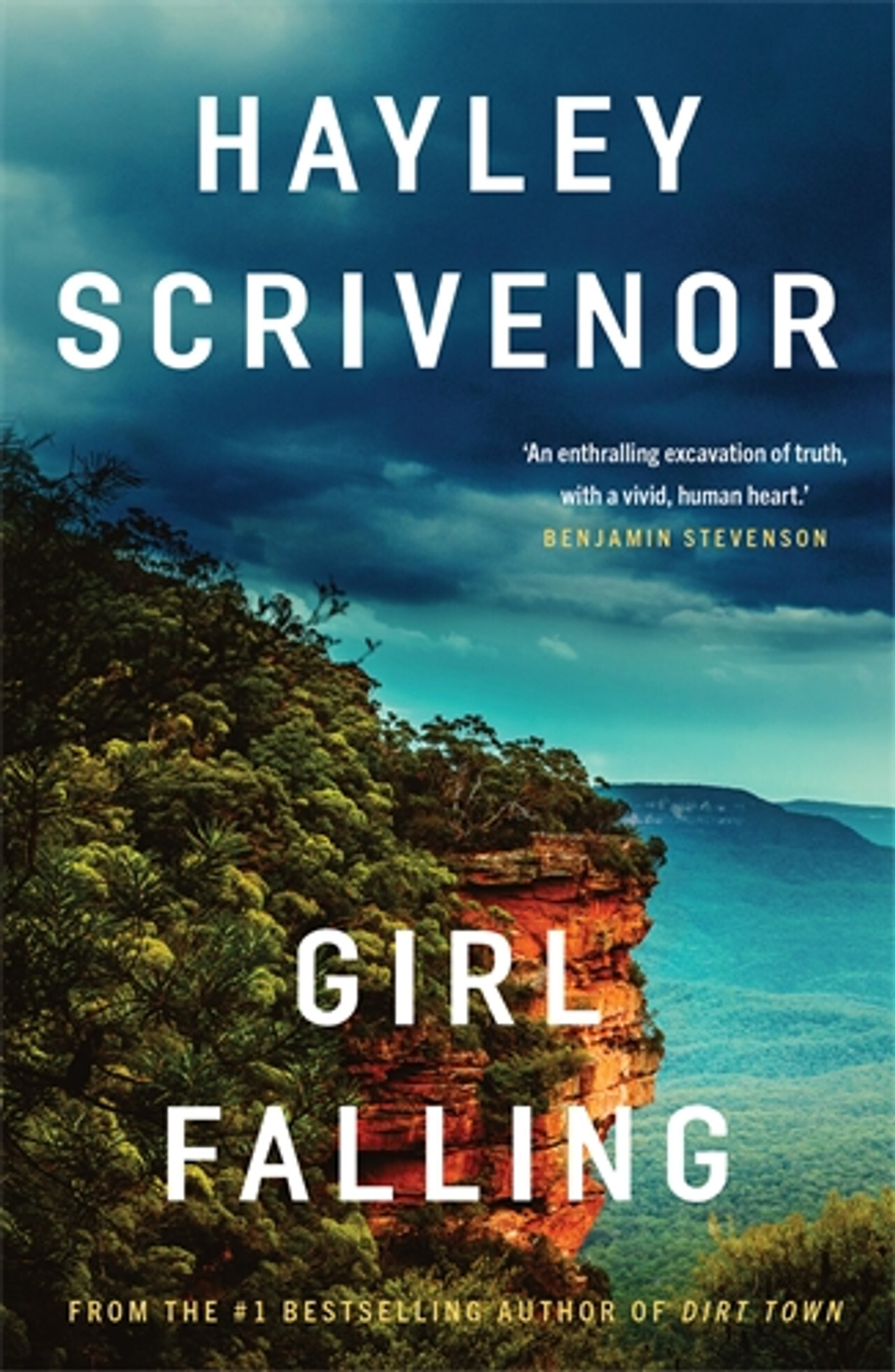Charles' 2025 Mid-Year Picks
4th Jul 2025
Ocean Vuong - The Emperor of Gladness

The Emperor of Gladness is a touching, forceful novel about members of a team working at HomeMarket, a fast food restaurant in East Gladness, Connecticut. The novel slowly draws out each character as we are placed deep inside their modest yet poignant worlds. It is not a novel driven by plot, at least not at first. For a while, it wanders – a bit earnest, a little too weightless. But slowly, Vuong builds it into something extraordinary.
The novel’s heart sits with Hai, a 19-year-old Vietnamese-American boy hiding from his mother after lying to her about leaving to attend medical school. Hai is addicted, adrift – he has already dropped out of college once following the death by drugs of his best friend and likely lover - and, following an almost-attempt at suicide on the bridge on the outskirts of Gladness, begins sharing a house with Grazina, an older Lithuanian woman slipping into dementia. Their bond, born of separate but parallel estrangements, is quiet, strange, and deeply moving. They play war games from her fractured memories of childhood in occupied Europe, as she slips into a state of confusion between the past and present, initially only occasionally, but then more often as the book goes on, even as Hai nods off mid-conversation.
Around them, a constellation of characters form: Sony, Hai’s cousin - who may be autistic and whose portrayal by Vuong is brilliant - is obsessed with Civil War generals and the myth of American heroism. Sony’s mother is in jail. BJ, a co-worker, performs homemade rap and amateur wrestling while Wayne, the shift supervisor, manages them like a warden with a soft underbelly. Maureen and “Russia” make up the balance.
Loss pulses through the novel - loss of direction, of family, of memory, loss as a result of deceit. Sony believes his father was a hero in the Vietnam War and had a diamond lodged in his hand following a blast from a grenade. After being fired from HomeMarket at the direction of a crazed regional manager, Sony, along with Hai, Grazina, BJ, and Maureen, go on a quick dash across State-lines to find the diamond, it’s worth enough to pay the bond to get Sony’s Mum out of jail. They don’t recover it, but they locate the site of the car crash where Sony’s father likely committed suicide. Grazina’s son meanwhile, cruel and uncomfortable around her dementia, eventually moves her into a nursing home. And Hai, spiralling, having lost Grazina and deep in the tangle of lies he has told his mother, his addiction to pain killers worsening, manages a moment of clarity from within a dumpster he lies in outside the HomeMarket: “He had successfully thrown himself into the trash, and the act was so complete, so total, it felt clean.”
Vuong generally, although not entirely, resists the need to explain or repair. Everyone in The Emperor of Gladness carries fissures within them - failures, depressions, small cruelties, but the novel, intentionally, never insists on naming them in order to heal them. It’s enough that they exist and are seen.
There is an earnestness that chips away at the first part of the book, but the characters and the story develop in a taught, finely drawn way that by their clarity and depth signal Vuong as a novelist with great skill. It carries a heavy dose of symbolism - wrestling matches, pig slaughters, a glowing green ship in a forest, a giant brown Emperor hog whistling “Silent Night”, but none of that detracts from its beauty. Vuong still has room for development as a novelist – perhaps some scenes were unjustified, some explanation unnecessary - but the novel is a real technical achievement. A book of tender devastation, filled with grace and deep humanity. A quiet, profound epic, and an ode to the invisible workers of the world.
Thomas Vowles - Our New Gods

In Our New Gods Thomas Vowles spins a debut novel of murder, intrigue, and gay male love and desire, unfurled within a web of childhood secrets and erotic family histories.
It is set in Melbourne, and places at its centre Ash, who has moved there from Perth in order to start a new life. He meets James, a beautiful confident boy, who he quickly wishes to be with but settles for friendship. After James meets Raf and they start to date, Ash sees Raf do something to another boy that on its face appears appalling and manipulative, perhaps evil, but that in hindsight could have been by consent. When someone dies, Ash is thrust into a crusade of self-doubt and a search for the truth – about the boy that died, about Raf, about James - all of which is coloured by his undeniable love for James.
The book raises a number of questions: what will Ash do to save James? Will he kill for him, and is he trying to save him, or is he looking out only for himself? Is James even the one he should be saving, or is Ash too clouded by desire to see clearly? What reality is Ash really obeying in his fight to find out what happened – truth or beauty? And if he sees things for what they really are: will it burn him, “like some wrathful god”?
This is an astringent, electrifying debut novel. The prose is tight, elegant, without flourish. It moves at a consistent pace, but it becomes intoxicating toward the finish. As new information comes to light, characters are seen in different ways. The angles keep changing, so we are never sure who to believe. Vowles manages to take a moment and dissect it while colouring the analysis with backstories, mainly Ash’s and James’, who have each had traumatic childhood relationships with their fathers. It’s gripping, and by the end it was difficult to put down.
Having just read Hayley Scrivenor’s Girl Falling (see my review below), I’d place both books in a similar camp. Death (or murder?), truth, love, secrets, friendship and family histories. They all get entangled. Vowles, like Scrivenor, evidences a fine ability to write a thriller with character development that is deep, meaningful and emotional. A great debut.
Hayley Scrivenor - Girl Falling

Hayley Scrivenor’s Girl Falling is a queer crime novel that unfolds with quiet intensity in the gorgeous but wet backdrop of the Blue Mountains. A story of lifelong friendship, buried truths, and fractured families, it centres on two girls – Finn and Daphne - best friends since childhood, whose bond is tested after the tragic death of Finn’s girlfriend, Magdu, during a climbing expedition. The novel opens in the aftermath of the fall, then peels back the layers of tension and grief that have long existed between the two protagonists.
Scrivenor writes with control, her tone steady and unhurried, drawing the reader into a psychological landscape shaped as much by what’s left unsaid as what is revealed. The pace is deliberate and forensic and allows the emotional weight of each moment to build with a kind of quiet dread. This isn’t a crime novel driven by forensic clues or procedural twists, but one that locates its mystery within people—how they hide from each other, and from themselves. The suspense lies in the slow unfolding of long-held secrets between the girls, and the ways in which their respective family histories—marked by silences, care, and quiet violence—intersect.
The emotional resonance of Girl Falling brings to mind recent novels like The Guest by Emma Cline or Hanna Johansson’s Antiquity—not for thematic similarity, but for the way each explores the claustrophobia of close relationships and the complicated inner lives of young women. Scrivenor’s prose holds its tension with subtlety, and her portrayal of queer adolescence is as tender as it is unsparing.
Girl Falling is a satisfying, slow-burn thriller—never flashy, always emotionally precise—and confirms Scrivenor as a writer of sensitivity and depth. A compelling, quietly haunting read.
